What Are Cane Corso Dogs? Discover Their Traits and History
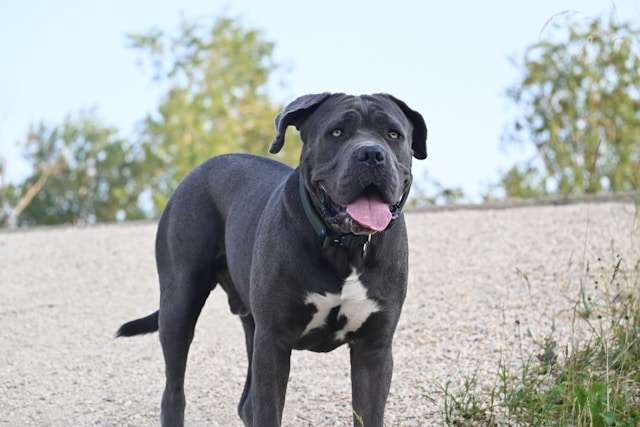
What Are Cane Corso Dogs? The Cane Corso is a remarkable Italian breed known for its strength, intelligence, and loyalty. This massive working dog was initially bred for guarding and hunting. Standing tall and muscular, the Cane Corso’s impressive appearance is complemented by its noble demeanor.
These dogs require consistent training and socialization. Their instincts and protective nature make them excellent guard dogs, but they need an experienced owner to guide them. Keeping them mentally and physically stimulated is essential, as they thrive best when given tasks or jobs.
In terms of care, Cane Corsos has specific needs to maintain its health. Regular exercise, a balanced diet, and routine vet check-ups are crucial. Understanding their temperament and behavior helps us provide the best environment for these magnificent animals.
Table of Contents
Key Takeaways
- Cane Corsos are Italian working dogs that are strong and loyal.
- They need training and socialization for balanced behavior.
- Proper care and exercise are essential for their well-being.
History and Origin
The Cane Corso has a rich and storied past, beginning in ancient Rome and evolving through significant historical events. Its development in Italy reflects its role as a guardian and worker, while global recognition grew through efforts by breed enthusiasts and official organizations.
Ancient Lineage
The Cane Corso’s origins date back to ancient Rome, where it descended from the Roman war dogs, known as canis pugnacious. These mastiff-type dogs were highly regarded for their strength and courage. Romans used them in battles, hunting, and guarding. Their robust build and loyal nature made them ideal companions for soldiers. The breed’s name, derived from the Latin “Cohors,” signifies their role as protectors and guardians. Their legacy continued throughout history, maintaining their status as reliable working dogs in Italy.
Development in Italy
In Italy, the Cane Corso was a versatile farm dog for guarding livestock and property. They were crucial for farmers who needed a strong and loyal companion. Over time, the breed’s physical traits were refined to enhance performance.
The Cane Corso remained lesser-known until enthusiasts in the 20th century helped bring attention to its unique qualities. After World War II, the breed declined due to changes in agricultural practices. However, dedicated individuals worked hard to revive the breed in the 1970s, emphasizing its historical importance and physical capabilities.
Global Recognition
Efforts to gain international recognition began in earnest in the late 20th century. In 1996, the Cane Corso received recognition from the Fédération Cynologique Internationale, which helped boost its popularity worldwide. The Società Amatori Cane Corso was instrumental in promoting the breed and establishing standards.
With growing interest, the breed began participating in shows outside Italy, capturing attention for its impressive appearance and temperament. Today, Cane Corsos are appreciated not only as working dogs but also as loyal companions around the globe.
Physical Characteristics
The Cane Corso, part of the mastiff family, is known for its solid and muscular appearance. As a large dog breed, it has particular physical features that command attention and respect.
Size and Build
Cane Corsos are vast and powerful dogs. They usually stand 23 to 28 inches tall at the shoulder and can weigh 88 to 120 pounds, making them a notable presence.
They have a robust build with a broad chest and a massive head. Their body is well-muscled, giving them the strength typical of a mastiff breed. These features align with the breed standard, emphasizing their role as protective working dogs. This physical strength makes them suitable for various tasks requiring endurance and resilience.
Coat and Colors
The coat of a Cane Corso is short, smooth, and dense. This coat type requires minimal grooming, although regular brushing helps manage shedding. The breed comes in several colors, including black, gray, fawn, and red. Additionally, Cane Corsos can have markings like black brindle, where dark streaks appear over a lighter base color.
These colors and patterns contribute to their striking appearance. Their sleek coat and bold colors often enhance their muscular frame, giving them a commanding look. Despite their size, the coat is relatively easy to maintain, needing only occasional baths to stay clean and healthy.
Temperament and Behavior
The Cane Corso is a brilliant and loyal breed. Known for their confident demeanor and strong guardian instincts, they are affectionate with family and wary of strangers. Proper socialization is critical to managing their potentially intimidating presence.
Personality Traits
Cane Corsos are known for being affectionate and intelligent. They bond closely with their families, displaying loyalty and dedication. As a breed, they are confident and self-assured. These dogs thrive on mental stimulation, often enjoying activities challenging their intelligence.
Their playfulness can be surprising given their large size, yet they frequently relish games and interactions with family members. Socialization from a young age is crucial to curb any territorial tendencies they might develop.
Guardian Instincts
As natural protectors, Cane Corsos have strong guardian instincts. They make excellent guard dogs and watchdogs due to their alertness and readiness to act when needed. With their intimidating appearance, they can be effective deterrents to potential intruders. While their protective nature is a strength, it must be managed with training to prevent aggression. Early training helps them understand when to act on these instincts and when to remain calm.
Family Dynamics
Within a family, Cane Corsos are often affectionate and protective. They are known to be gentle giants, displaying gentleness towards children and being patient companions. Although they may be dominant or territorial, these traits can be tempered with consistent training and clear leadership from their owners.
Their friendliness toward familiar faces balances their reserved nature toward strangers. They thrive in environments where they feel they have a purpose and are included in daily activities.
Check out Cane Corso’s temperament and behavior for more information on their temperament.
Training and Socialization
Successful Cane Corso ownership involves practical training and socialization. These dogs thrive when they are mentally and physically stimulated. Our approach should establish clear boundaries, consistently exercise, and provide ample positive reinforcement opportunities.
Basic Obedience
We should start with foundational commands like sit, stay, and come in basic obedience. These are vital for day-to-day interactions. We should use positive reinforcement like treats and praise to encourage these behaviors. This method motivates our Cane Corso to learn and follow instructions willingly.
Consistent practice is vital. Short but regular training sessions—about 10-15 minutes each—can be practical. Using a leash during walks also helps teach obedience and manage exercise requirements. This approach establishes boundaries and helps prevent unnecessary stress in different environments.
Experienced owners often succeed in this by recognizing the unique trainability of the Cane Corso. By understanding their strengths, we foster a well-behaved pet that respects commands and shows loyalty. Socialization should begin as soon as possible to ensure a balanced temperament in various settings.
Advanced Training
Once basic obedience is mastered, we can move on to advanced training. This includes agility exercises and protection training, which utilize the Cane Corso’s instincts. Advanced exercises further develop their intelligence and need for stimulation.
Successful training at this level demands setting clear goals. We should ensure our expectations are realistic for the dog’s capabilities and our skills as trainers. Implementing structured exercises, possibly in a controlled environment, can yield positive results.
Strong leadership is crucial here. With advanced training comes the need for consistency and patience, which builds a trustworthy and confident companion. Our Cane Corso will learn to adapt to complex scenarios, displaying its versatility and responsiveness.
Health and Care
Our Cane Corso dogs require careful attention to their health and care to maintain a good quality of life. Proper diet, regular exercise, and awareness of common health issues are essential to keep them healthy and happy.
Diet and Nutrition
A balanced diet is crucial for Cane Corsos. We should focus on high-quality dog food that meets their nutritional needs. Protein is vital for muscle development, so it should comprise a large portion of their diet. It’s also crucial for us to include fruits and vegetables, which provide essential vitamins and minerals. Feeding them two meals a day, rather than one big meal, helps prevent digestive problems like gastric dilatation volvulus, also known as bloat.
Table scraps should be avoided since they can lead to obesity and other health issues. Fresh water must always be available to keep them well-hydrated. Regular vet consultations can provide insight into a tailored diet plan that suits the individual needs of our Cane Corso.
Common Health Issues
Cane Corsos are prone to several health problems. Hip and elbow dysplasia are common joint issues that cause pain and mobility problems. Regular screenings help us detect these issues early. Gastric dilatation volvulus is another serious concern. Immediate treatment is required for this condition.
Eye conditions, including entropion, ectropion, and cherry eye, are also observed in this breed. Recognizing symptoms early helps manage these conditions effectively. Additionally, issues like idiopathic epilepsy can affect some Cane Corsos, so monitoring any unusual behavior is essential.
Regular vet check-ups and a proactive approach to any signs of distress can significantly improve our dog’s life span and quality of life.
Exercise and Activity
Cane Corsos are energetic dogs that need plenty of exercise. A daily routine that includes long walks runs, and playtime helps maintain their energy levels and prevents boredom. Activities like agility training can keep their minds sharp and their bodies fit.
We should provide stimulation through toys and interactive play to keep them engaged. A fenced-in yard is ideal for allowing them the freedom to exercise safely. Consistent exercise helps with physical health, manages excessive barking, and reduces unwanted behavior. Regular activity is crucial in managing their overall well-being and ensuring they remain healthy and content.
Frequently Asked Questions
In this section, we address some common questions about the Cane Corso. Topics include their price range, temperament, size, and the challenges of owning this breed as a family pet.
What factors influence the price of a Cane Corso?
The price of a Cane Corso can vary greatly, ranging from $1,500 to $5,000 or more. Breeder reputation, bloodlines, and location can affect the cost. Puppies with prestigious pedigrees typically command higher prices. We can find detailed price ranges on Cane Corso Care’s website.
What are the distinct characteristics of the Cane Corso temperament?
Cane Corsos are known for their protective and loyal nature. They are brilliant and thrive with firm training and leadership. Proper socialization and exercise are crucial to ensure they develop a balanced temperament. They are great guardians but need owners who understand their strong-willed personality.
How much does an adult Cane Corso typically weigh?
An adult Cane Corso is a large dog. Males often weigh between 99 and 110 pounds, while females typically weigh 85 to 99 pounds. Their solid build adds to their presence, making them one of the larger mastiff breeds. More details about their size can be found at ThePetWorld.
Where can one find Cane Corso puppies for sale?
We may look for Cane Corso puppies through reputable breeders and adoption centers associated with organizations like the Cane Corso Association of America. Researching breeders is essential to ensure ethical practices and the health of the pups. Some breeders are even registered with international canine federations.
In what ways does the size of a Cane Corso compare to other large dog breeds?
Cane Corsos are notably large and muscular, often compared to other mastiff breeds. Males generally stand 25 to 27.5 inches tall at the withers, while females are slightly shorter. Compared to breeds like the English Mastiff, they are somewhat less massive but still impressively sizeable.
What are the potential challenges of owning a Cane Corso as a family pet?
Owning a Cane Corso can be rewarding yet challenging. They require consistent training and socialization to be good family pets. Their protective nature can be a boon but requires clear boundaries. Their size and strength mean they need space and experienced handling to ensure they coexist well with children and other pets.

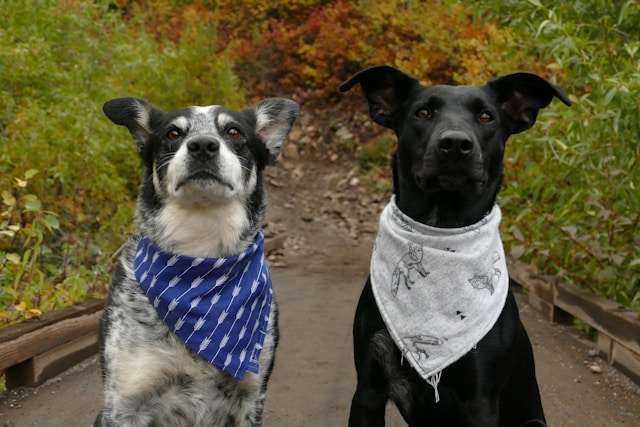
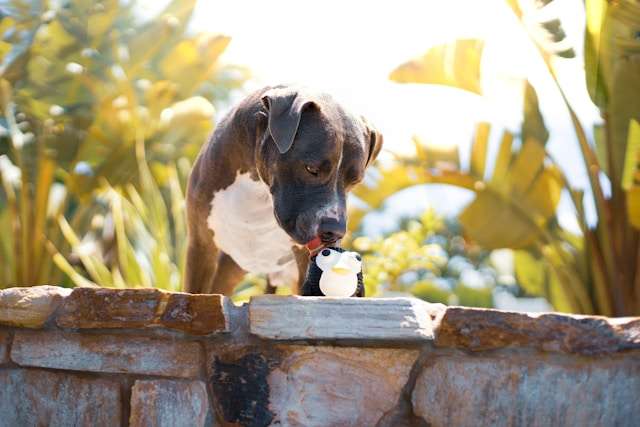
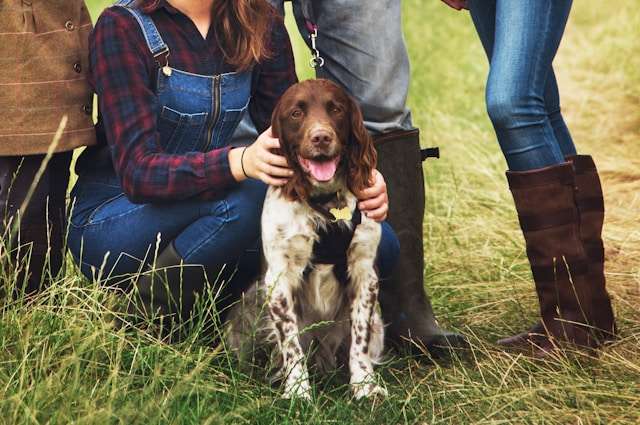
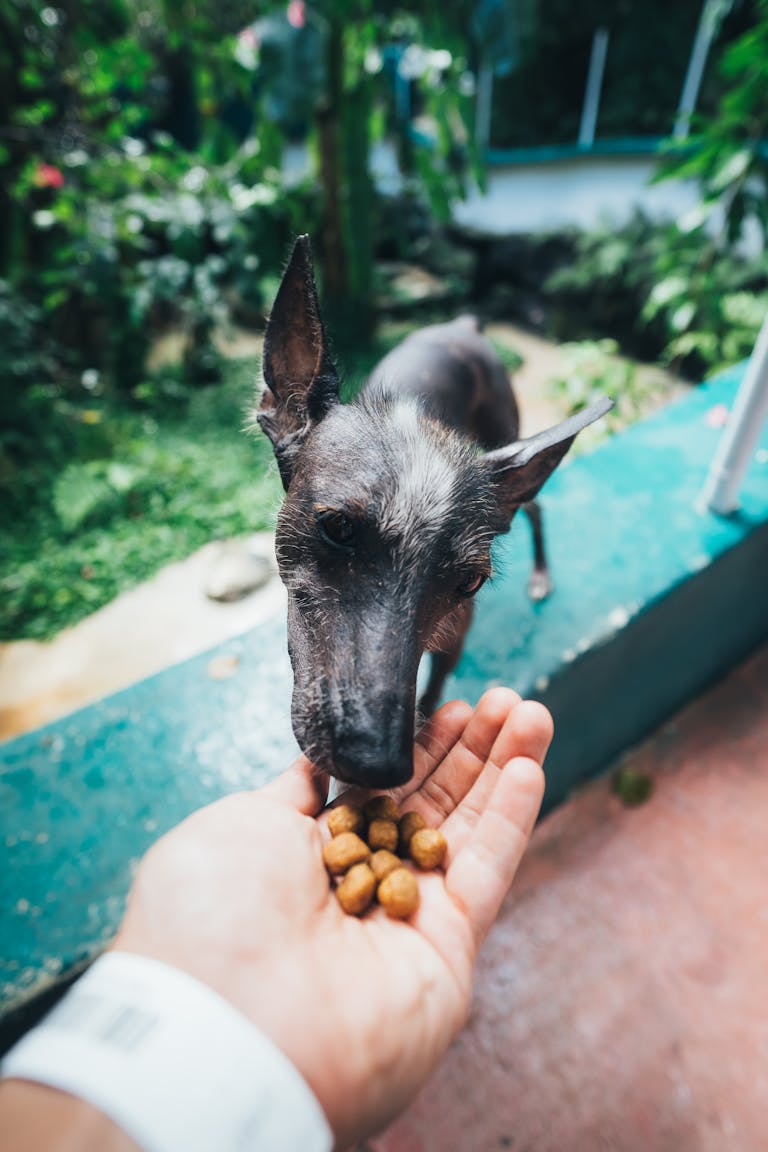
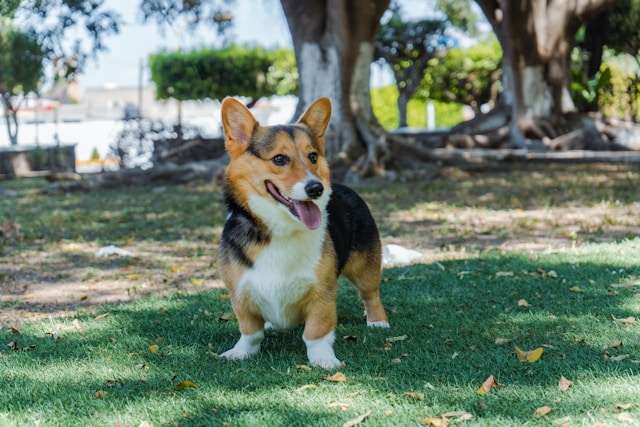
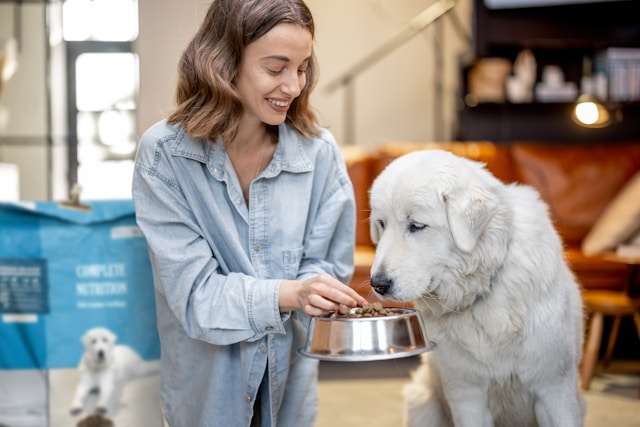
One Comment